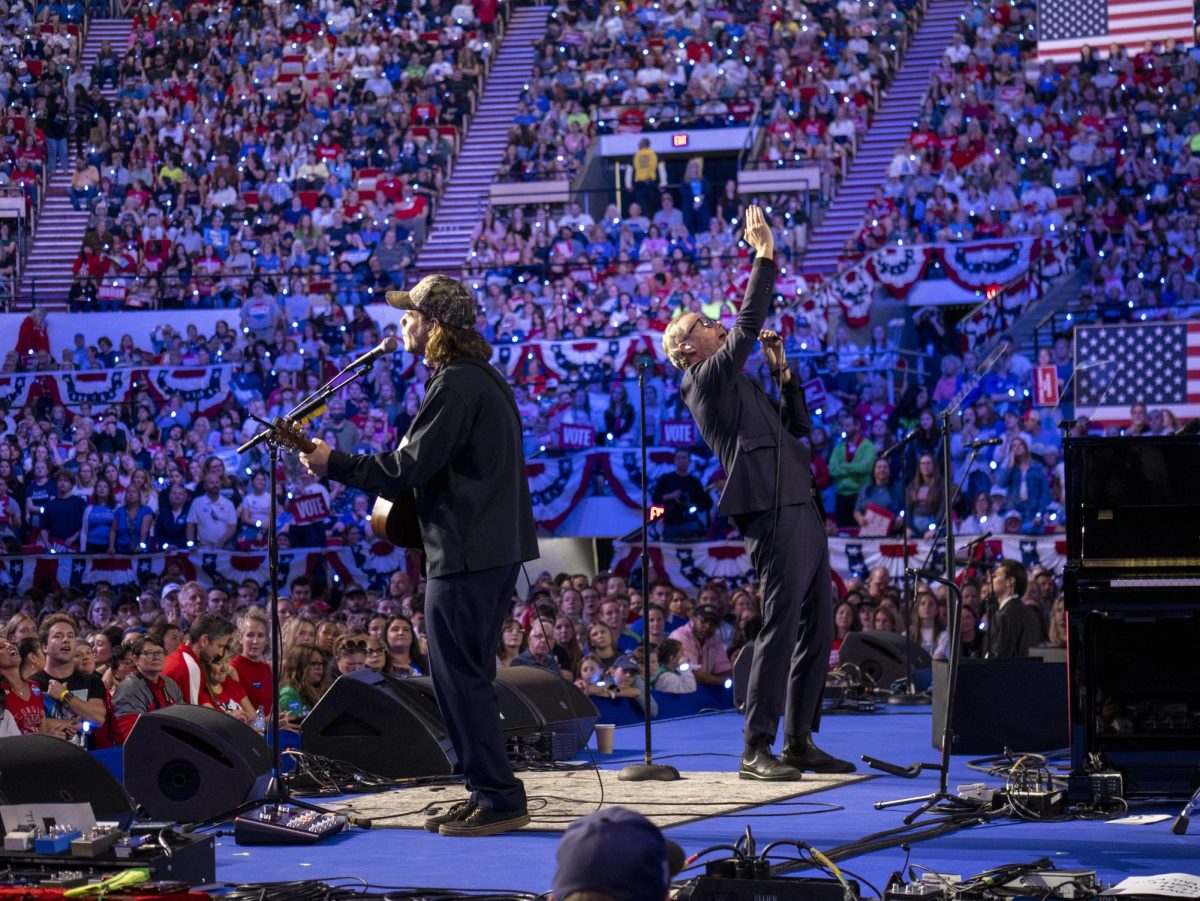Next month marks the 10-year anniversary of the official release of Wilco’s classic and era-defining album, Yankee Hotel Foxtrot.
For the last several years, critics have cited the record as one of the most important works of 21st century music. Pitchfork ranked it as the fourth-best album of the decade, probably cementing its spot as one of the albums kids just discovering rock music years from now will listen to as an example of 2000s-era music.
When critics describe why the album is important, they often point to “Jesus, Etc.,” a downbeat track that describes how “tall buildings shake, voices escape singing sad, sad songs.” Considering the album’s timing (Wilco originally had planned to release the album on 9/11), some have said Yankee Hotel Foxtrot was the most important post-9/11 album.
But instead, Yankee Hotel Foxtrot makes a musical statement about a place and a time that goes much further beyond living in the U.S. in the months immediately preceding and following the attacks. Instead of paranoia, the album suggests a calm, peaceful satisfaction with the city that Wilco called home at the time: Chicago.
It continues to have that effect today. Although the lyrics do not suggest any sense of place, the album artwork’s depiction of the Marina City Towers on the Chicago River – an iconic scene in the city – almost suggests this is an album to be experienced and appreciated within Chicago’s limits.
And somehow, Yankee Hotel Foxtrot still seems to capture what makes experiencing Chicago unique. A track like “I’m the Man Who Loves You,” one of Wilco’s many songs that employs their signature bridging of country and rock traditions, blends the loose Midwestern tradition that has come to characterize Chicago’s urban uniqueness with a rock edge that seems so patently American.
Ten years later, it’s as important to recognize Yankee Hotel Foxtrot for its ability to define Midwestern sensibilities and American urban life throughout the decade as it is to recognize it for its impact as a post-9/11 record of catharsis.
As the context of 9/11 has faded away from the album among younger music consumers who discovered it long after the tragedy, the prophetic words of “Jesus, Etc.” and “Ashes of American Flags” have become less important compared to the rainy-day ambience of the album.
Unlike more complex acclaimed albums from the last decade that contain nuances and musical intricacies that still surprise listeners to this day, Yankee Hotel Foxtrot only paints in broad brushes. Its songs are mostly simple and feature musical motifs that would have seemed relatively normal 30 to 40 years ago.
But that takes nothing away from its greatness. After 10 years, Yankee Hotel Foxtrot only has gotten better for its ability to accurately describe the complex sentiments and physical feelings of living in the early 21st century. And considering the sugarcoated and idealized version of America that had been circulated after 9/11, Wilco’s realistic and historically accurate approach to Americana will make their most important work significant in popular music for many years to come.













